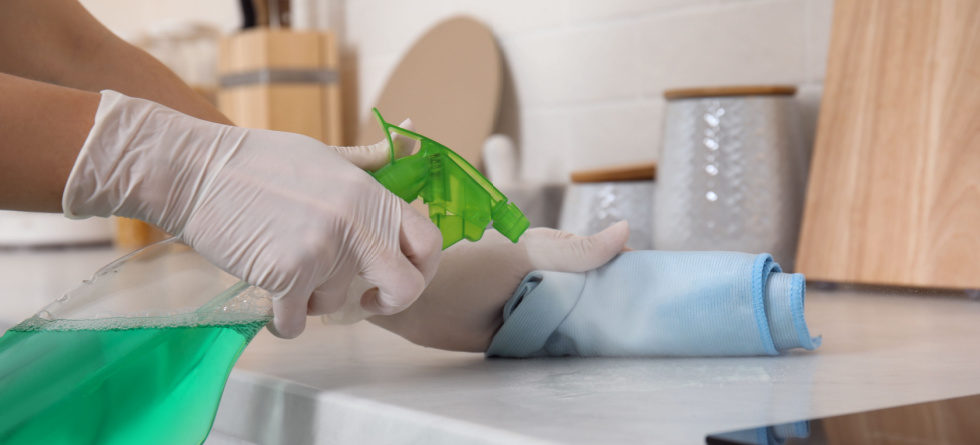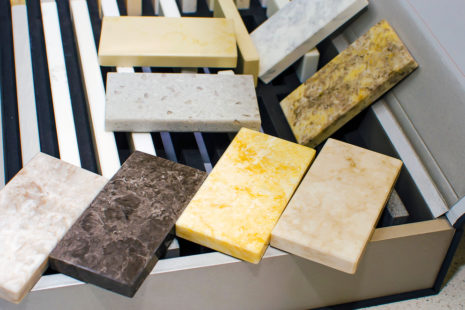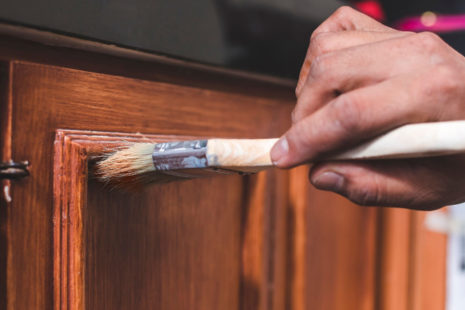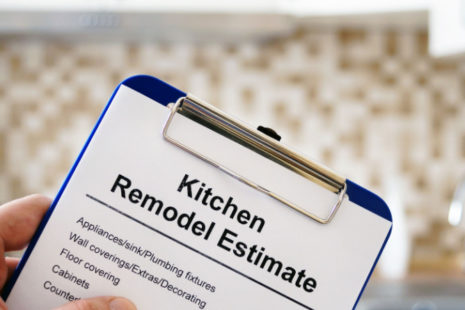Granite countertops are a popular choice for kitchens and bathrooms due to their durability, aesthetic appeal, and natural beauty. However, some homeowners find that their granite countertops often feel dirty, even after cleaning. If you’ve ever wondered why this happens and how to address it, this article will explore the common causes and provide tips to keep your granite surfaces clean and fresh.
Common Causes of Dirty-Feeling Granite Countertops
- Residual Cleaning Products
One of the main reasons granite countertops may feel dirty is the buildup of residual cleaning products. Many household cleaners contain ingredients that can leave a film on the surface of the granite. Over time, this film can attract dust, dirt, and grime, making the countertop feel less clean. This is particularly true if you’re using products not specifically formulated for natural stone.
- Improper Cleaning Techniques
Improper cleaning techniques can also contribute to granite countertops feeling dirty. Using abrasive sponges or cloths can scratch the surface, trapping dirt and making the countertop feel rough. Additionally, not rinsing the surface thoroughly after cleaning can leave behind residues that attract more dirt.
- Sealing Issues
Granite is a porous material, and if not properly sealed, it can absorb liquids, oils, and other substances, leading to a sticky or dirty feeling. Even if the granite is sealed, the sealant can wear down over time, allowing substances to penetrate the stone. Regular resealing is necessary to maintain the protective barrier that keeps granite countertops feeling clean.
- Environmental Factors
Environmental factors such as high humidity, cooking splatters, and dust can all contribute to granite countertops feeling dirty. Kitchens, in particular, are prone to grease and food particles settling on surfaces, while bathrooms can have issues with soap scum and moisture.
Solutions to Keep Granite Countertops Clean
- Use the Right Cleaning Products
To prevent residue buildup, use cleaning products specifically designed for granite or natural stone. These products are pH-balanced and free of harsh chemicals that can leave a film. Avoid using vinegar, lemon juice, ammonia, or bleach, as these can damage the stone and the sealant.
- Adopt Proper Cleaning Techniques
- Soft Cloths and Sponges: Use soft, non-abrasive cloths or sponges to clean your granite countertops. This helps prevent scratches that can trap dirt.
- Rinse Thoroughly: After cleaning, rinse the surface with water to remove any residual cleaner. Follow up with a dry, clean cloth to buff the surface and remove any moisture.
- Regular Sealing
Ensure your granite countertops are properly sealed. Perform a water test by placing a few drops of water on the surface; if the water is absorbed within a few minutes, it’s time to reseal. Use a high-quality granite sealer and follow the manufacturer’s instructions for application.
- Frequent Wiping and Maintenance
- Daily Cleaning: Wipe down your granite countertops daily with a soft cloth and a granite-safe cleaner. This prevents buildup of dirt and grime.
- Spill Management: Clean up spills immediately to prevent them from penetrating the stone. Pay special attention to oils, acidic substances, and dark liquids like coffee or wine.
- Dust Regularly: Dust your countertops regularly to keep them free of particles that can accumulate and make the surface feel dirty.
- Environmental Control
- Ventilation: Ensure good ventilation in kitchens and bathrooms to reduce humidity and prevent grease buildup.
- Use Cutting Boards and Trivets: Protect your granite countertops from scratches and stains by using cutting boards and trivets for food preparation and hot items.
Conclusion
Granite countertops that always feel dirty can be a source of frustration, but with the right approach, you can keep them looking and feeling clean. By using appropriate cleaning products, adopting proper cleaning techniques, ensuring regular sealing, and maintaining a clean environment, you can enjoy the beauty and durability of your granite countertops for years to come. Regular maintenance and attention to detail are key to preserving the pristine condition of your granite surfaces.




